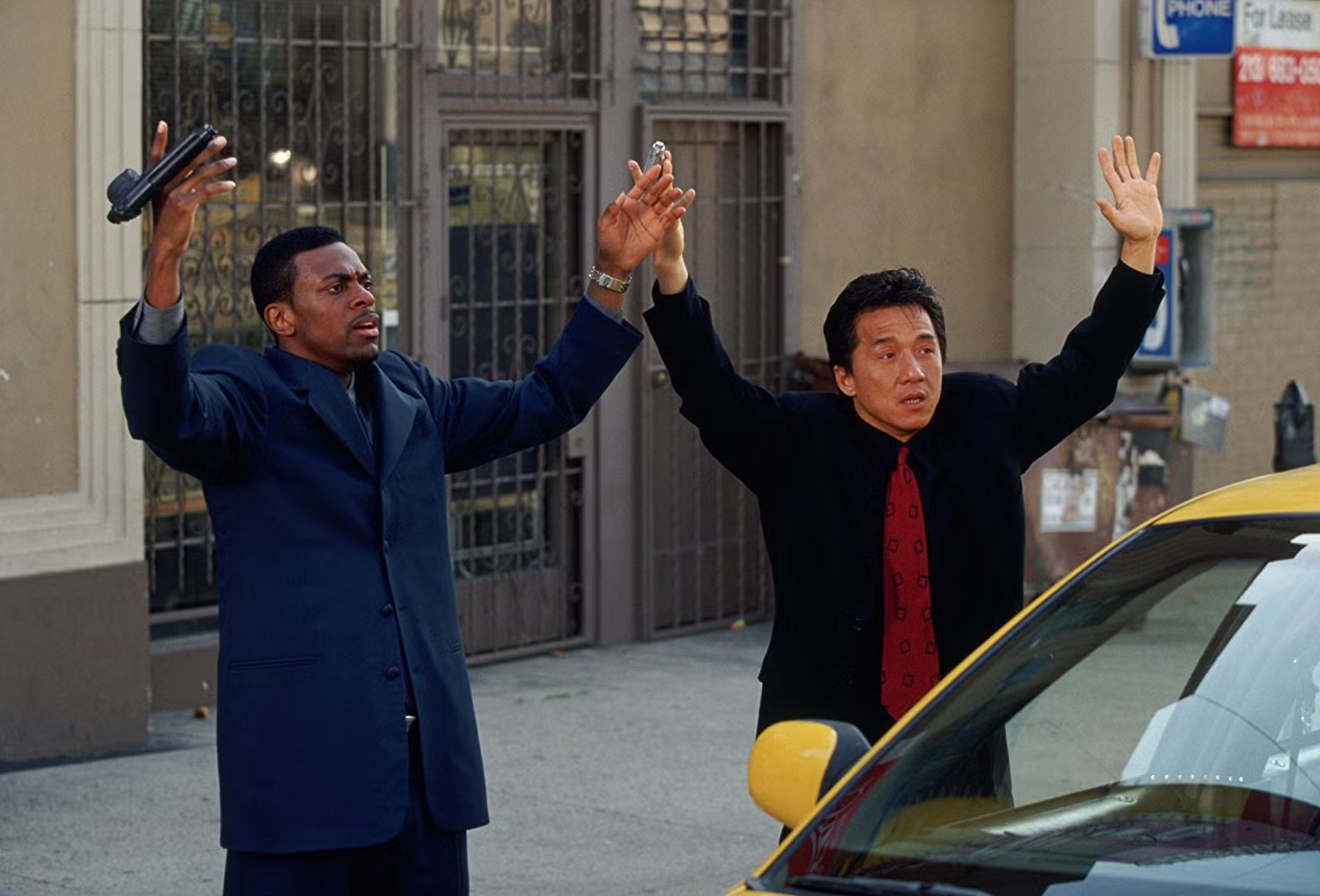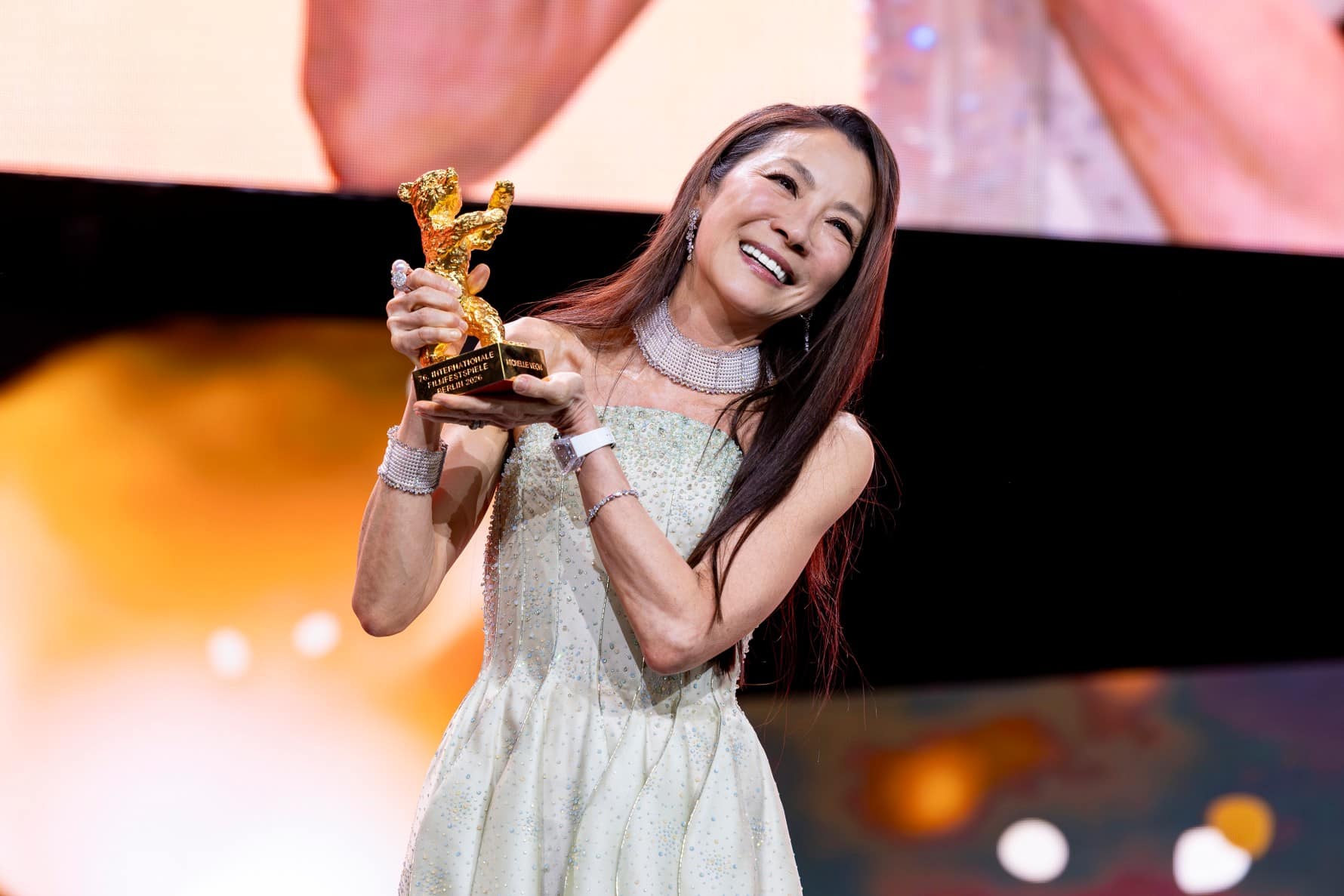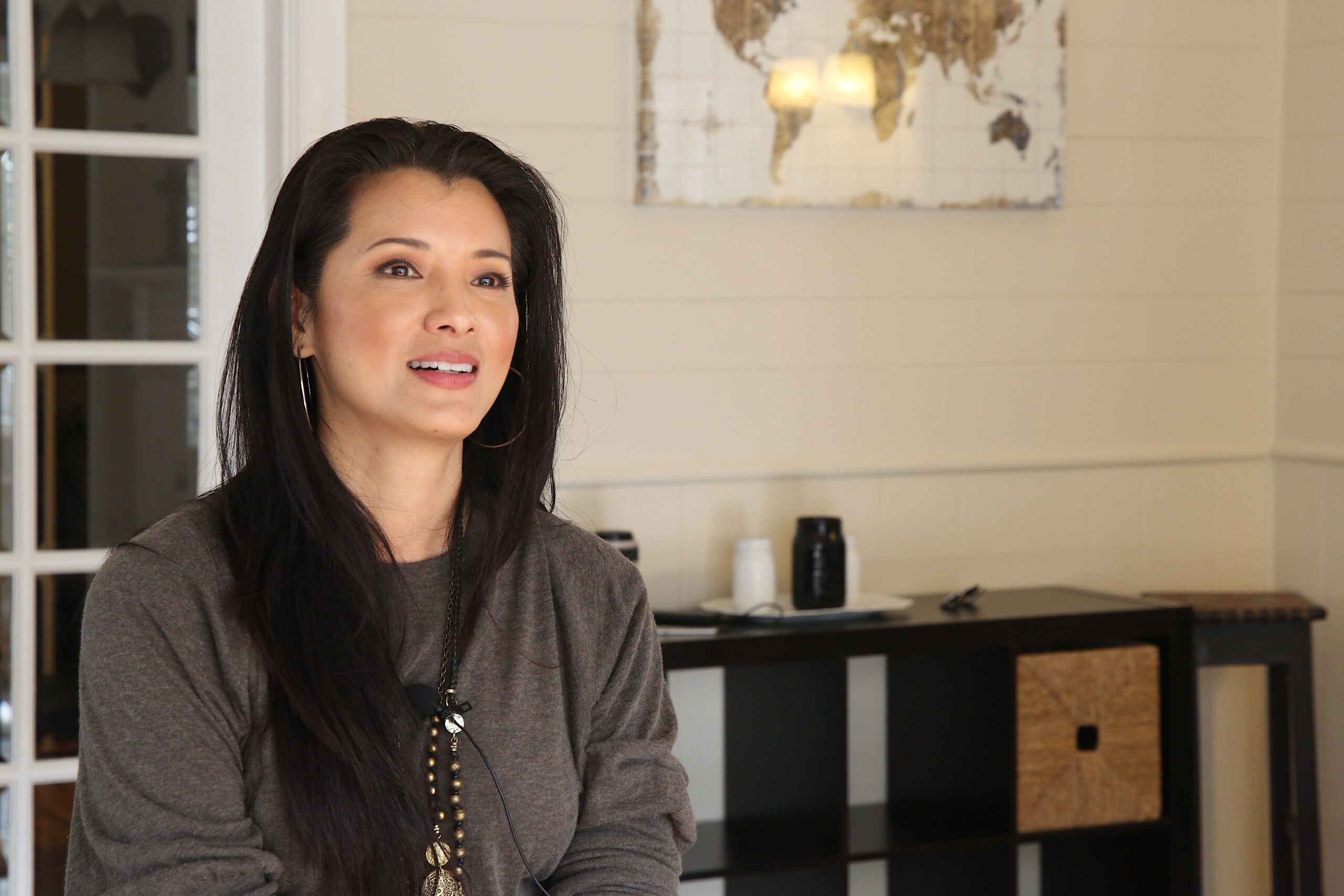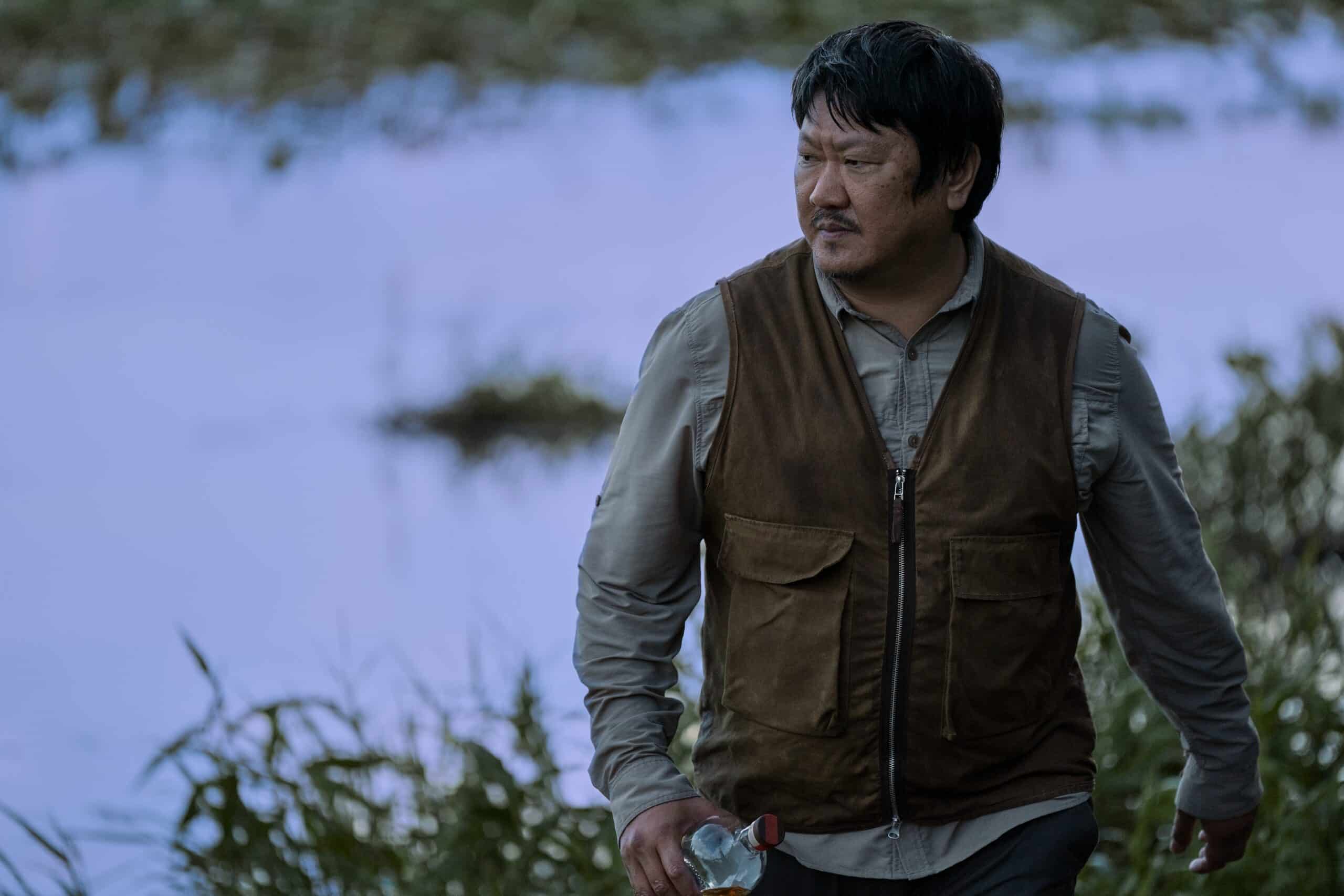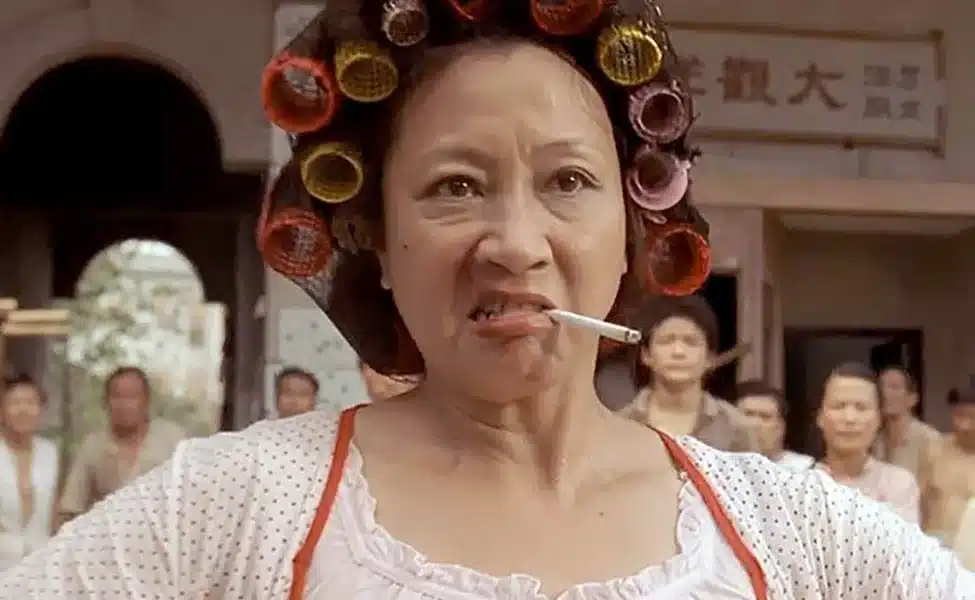Jackie Chan might be known as the king of death-defying stunts, but over the weekend at the Locarno Film Festival, the Hong Kong legend made it clear: he’s always wanted to be more than just the guy who can throw a punch on screen.
Receiving the prestigious Career Leopard award at the festival’s 78th edition, Chan drew a crowd so big on Sunday morning that fans lined up well before his Q&A session began. Inside, the 71-year-old icon — who has spent 64 years in the film industry — took audiences on a tour through his career highs, bruises, and reinventions.
Chan recalled starting out as a stuntman alongside Bruce Lee on Fist of Fury. “Bruce Lee tapped my shoulder [and said] ‘great’,” he told the audience, after enduring multiple painful takes. He even took Lee to a bowling alley once — earning instant street cred with everyone there.
Read more: Enter the Year of the Dragon: Remembering Bruce Lee’s Classic on Chinese New Year
But stepping into Lee’s shoes after his death didn’t work out. Chan was asked to remake Fist of Fury, but it was, in his words, the “wrong script, wrong character.” The poster billed him as “the new Bruce Lee [in big letter] Jackie Chan [in very small print],” with the director pushing him to imitate the martial arts icon. “The directed wanted me [to do] everything like Bruce Lee. I am not Bruce Lee.”
That refusal to be pigeonholed became a theme. “I wanted to be an Asian Robert De Niro,” Chan revealed, lamenting how talk show hosts always introduced him with a kung fu pose. “Nobody introduces Robert De Niro” with a martial arts gesture, he said, getting laughs. He wanted to be “an actor who can fight,” not just a fighter who can act. “Only now they say: ‘Jackie is a good actor’. And that’s why you gave me this award.”
Part of his longevity came from adaptability — including learning how to sing to avoid endlessly performing stunts on talk shows. “Singing is easier,” he joked. “I cannot do this forever. It’s just so dangerous… I thought, What should I do? I should learn how to sing.”
But while his dedication to craft remains unshaken, Chan isn’t impressed with where Hollywood is heading. “Right now, a lot of big studios are not filmmaker, they are business guys,” he said. “Today, it’s very difficult to make a good movie.”
In fact, he admitted that by the early 2000s, he was ready to give up on Hollywood entirely. The scripts didn’t click, the audiences didn’t connect. His final gamble? Rush Hour. “Rush Hour. It was the last try. If it doesn’t succeed, then I finish,” Chan said. The buddy-cop comedy became a cultural phenomenon. “I think Rush Hour changed the culture.”
Read more: Beyond the Kicks: 7 Wild Facts About Jackie Chan You Didn’t Know
Still, Chan says his mission was never just about making box office gold — it was about connection. His Hollywood goal? “Be a cross-cultural bridge between the US and China.”
As part of his tribute at Locarno, Chan introduced his own directorial classics Project A (1983) and Police Story (1985). Locarno artistic director Giona A. Nazzaro called him “a key figure in contemporary Asian cinema” whose influence “has rewritten the rules of Hollywood cinema.”
Chan put it more simply in his Saturday acceptance speech: “I am 71. I still can fight. Also, this year I’m in the film industry for 64 years.”

